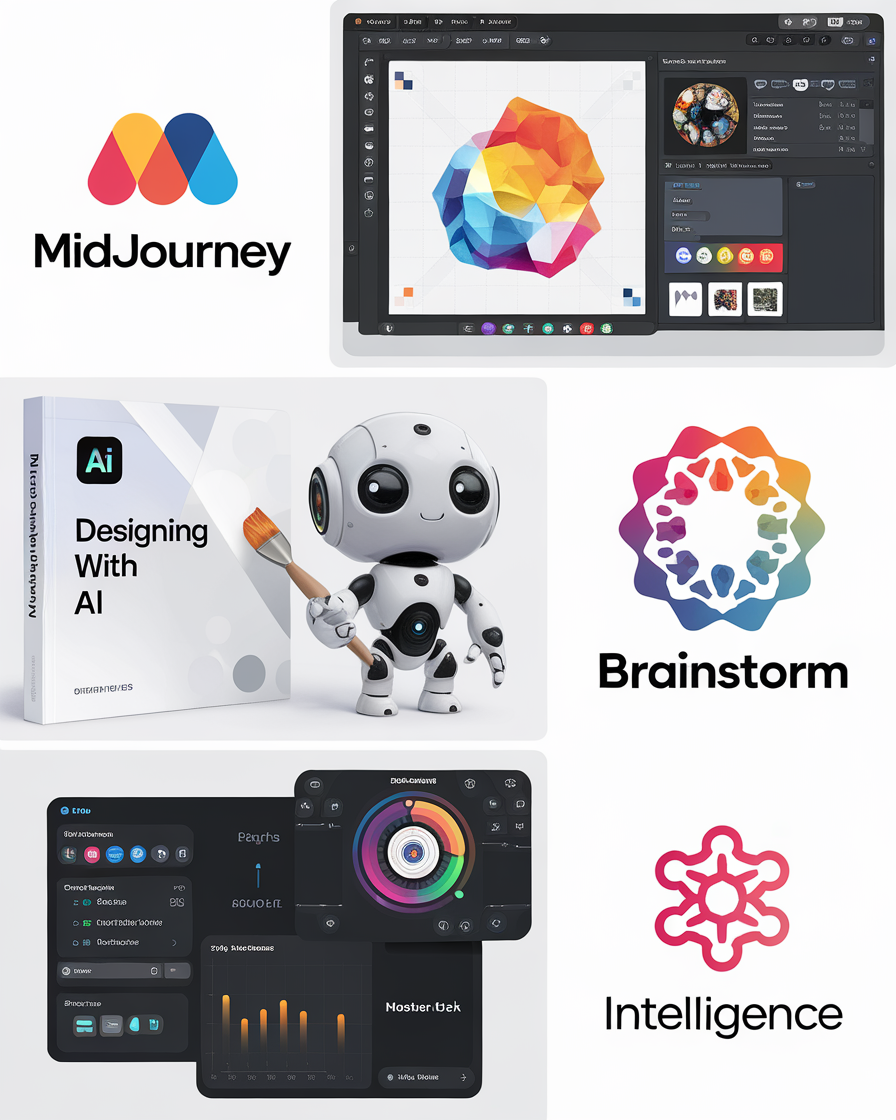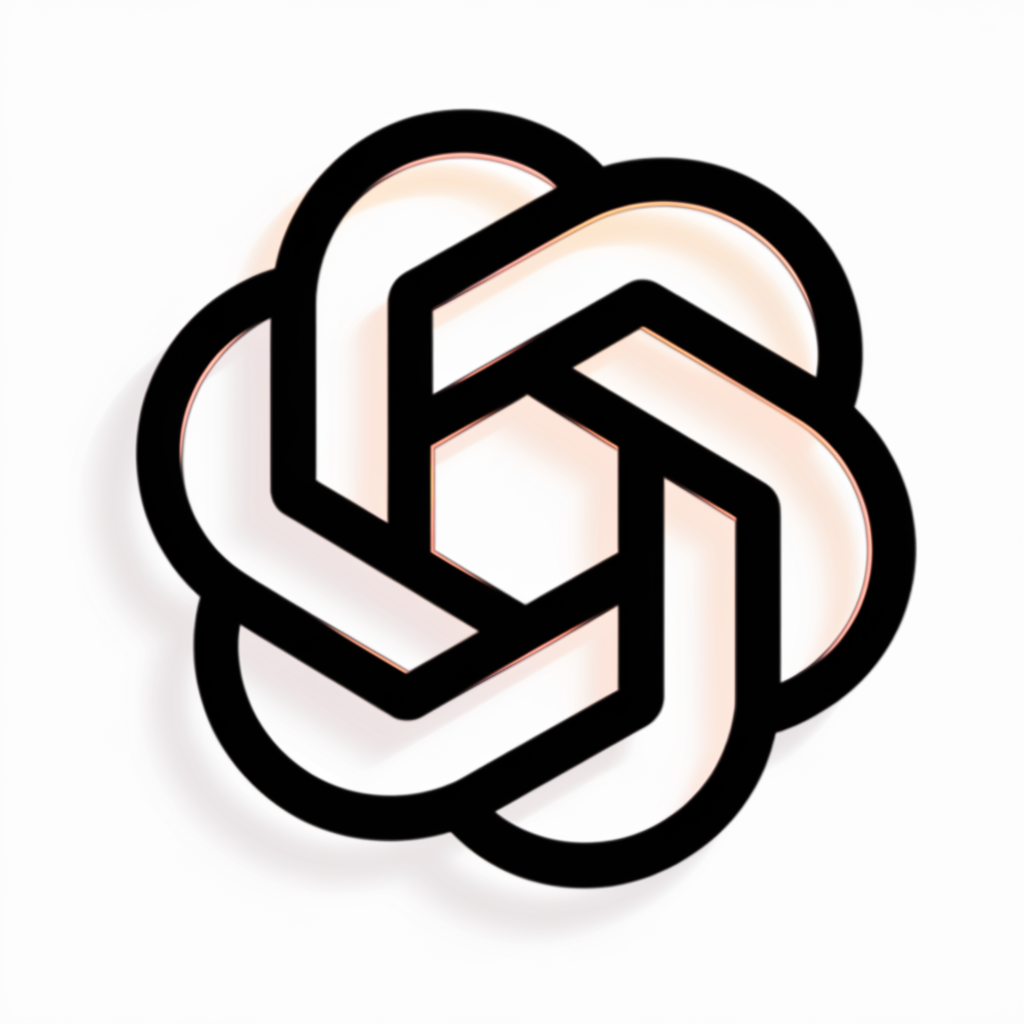Change is hard, especially when it comes to building new habits. We all have aspirations: exercising consistently, learning a new language, meditating daily, or finally tackling that side project. However, the journey from intention to ingrained behavior is often fraught with inconsistency, forgetfulness, and a dwindling motivation that leads to giving up. For decades, habit formation relied on willpower, tracking charts, and perhaps a stern inner monologue. But what if there was a smarter, more adaptive way?
Enter Artificial Intelligence (AI). Far from being a futuristic concept, AI is rapidly becoming a pragmatic partner in our self-development journeys. By leveraging smart algorithms, machine learning, and personalized insights, AI tools are transforming the arduous process of habit building into a more intuitive, supportive, and effective experience. They can act as your personal coach, accountability partner, and data analyst, all rolled into one, helping you build habits faster and more sustainably than ever before.
This article will delve into the exciting world of AI for self-development, exploring how smart tools can help you establish lasting positive habits.
The Science of Habit Formation: Where We Usually Go Wrong
Before we explore how AI helps, let’s briefly revisit why habits are so notoriously difficult to build. Psychologists and neuroscientists agree that habits are formed through a “loop” of cue, routine, and reward. However, several factors often disrupt this loop:
- Lack of Clarity: Vague goals (“I want to be healthier”) don’t translate into actionable routines.
- Forgetting: Life gets busy, and new routines are easily forgotten amidst existing demands.
- Lack of Motivation: The initial enthusiasm wanes when results aren’t immediate or when faced with obstacles.
- Inconsistency: Skipping a day often leads to skipping many, breaking the nascent habit chain.
- Unrealistic Expectations: Trying to do too much too soon leads to burnout and abandonment.
- Ignoring Context: Habits don’t exist in a vacuum. Our environment, mood, and daily schedule significantly impact adherence.
Traditional habit trackers often fail because they are passive; they record data but don’t actively adapt or intervene. Conversely, AI tools bring a dynamic, intelligent layer to the process, addressing these common pitfalls head-on.
How AI Supercharges Habit Building: Core Mechanisms
AI enhances habit formation by providing capabilities that human willpower alone often cannot sustain. Here are the key ways AI tools assist in building habits faster:
- Personalized Goal Setting & Breakdown: AI can help you define ambiguous goals into concrete, actionable steps. It can break down large aspirations into “micro-habits” that are easy to start and maintain, significantly reducing initial overwhelm.
- Intelligent Reminders & Nudges: Beyond static alarms, AI can learn your schedule, preferences, and even energy levels to deliver reminders at the optimal time and in the most effective format. Therefore, you receive prompts when you’re most likely to act, not just when a clock ticks over.
- Adaptive Feedback & Insights: This is where AI truly shines. It collects data on your adherence, identifies patterns (e.g., “you consistently miss your workout after late meetings”), and provides personalized insights into what’s working and what’s not. Consequently, instead of generic advice, you get actionable feedback tailored to your unique behavior.
- Gamification & Motivation: Many AI-powered habit apps incorporate gamified elements – points, streaks, levels, virtual rewards – to make the process more engaging and provide immediate gratification, keeping motivation high.
- Contextual Awareness: Some advanced AI tools can integrate with your calendar, location, or even biometric data to understand your real-time context. For instance, an AI might suggest a short mindfulness exercise when it detects signs of stress, or remind you to hydrate after a period of intense activity.
- Proactive Problem Solving: By analyzing your past performance, AI can predict potential roadblocks and suggest strategies to overcome them before they lead to a complete derailment.
- Mindset Coaching & Emotional Support: Certain AI companions are designed to engage in conversational interactions, offering encouragement, helping you reframe negative thoughts, and building emotional resilience – crucial for long-term habit adherence.
Ultimately, AI transforms habit building from a rigid, often self-punishing endeavor into a dynamic, supportive, and highly personalized growth journey.
Smart Tools in Action: AI for Specific Habit Building Goals
Let’s explore categories of AI tools that can help you build habits across various domains of self-development.
1. Fitness & Nutrition Habits
- AI Fitness Coaches (e.g., Fitbod, Ladder, Future): These apps use AI to create personalized workout plans that adapt based on your progress, available equipment, and time constraints. They can track your performance, suggest appropriate weights or reps, and even recommend exercises to target specific muscle groups. Therefore, you get a dynamic training program that evolves with you, making consistent exercise more achievable.
- AI Nutrition Trackers (e.g., MyFitnessPal with AI, Cronometer): Beyond simple calorie counting, AI can analyze your dietary intake, suggest meal plans aligned with your goals (e.g., weight loss, muscle gain), and identify nutritional gaps. Some can even help you find recipes using ingredients you already have. Consequently, building healthier eating habits becomes less about guesswork and more about informed, personalized choices.
2. Mental Wellness & Mindfulness Habits
- AI Meditation & Mindfulness Guides (e.g., Calm, Headspace, Wysa): While many meditation apps offer guided sessions, some integrate AI to personalize your experience. They can suggest specific meditations based on your reported mood, stress levels, or even sleep patterns. AI chatbots within these apps can offer emotional support, help with journaling, or guide you through cognitive behavioral therapy (CBT) techniques. Hence, establishing a consistent mindfulness practice becomes more engaging and responsive to your daily emotional state.
- AI-Powered Journaling Apps (e.g., Day One with AI, Reflectly): These tools use AI to analyze your journal entries, identify emotional patterns, and offer prompts for deeper self-reflection. They can help you recognize triggers for negative habits or celebrate successes in positive ones, providing valuable insights into your inner world. Ultimately, self-awareness, a cornerstone of habit change, is significantly enhanced.
3. Learning & Skill Development Habits
- AI Language Learning Apps (e.g., Duolingo, Babbel): These platforms leverage AI to create adaptive learning paths, adjusting difficulty based on your performance and focusing on areas where you need improvement. They use spaced repetition and personalized exercises to maximize retention, making daily language practice more effective and less tedious. For instance, Duolingo tracks your progress and adapts lessons to reinforce weaker areas, ensuring consistent progress.
- AI-Powered Learning Platforms (e.g., Coursera, Khan Academy with AI features): Beyond language, many educational platforms are incorporating AI to personalize learning. They can recommend courses based on your career goals, summarize complex topics, provide instant feedback on assignments, or act as virtual tutors, making continuous learning a more accessible habit. Therefore, breaking down the habit of “learning a new skill” into manageable, personalized daily sessions becomes far more achievable.
4. Productivity & Organization Habits
- AI Habit Trackers with Smart Nudges (e.g., Habitica, Productive, Reclaim.ai): While many apps track habits, AI-enhanced versions go further. They can analyze your habit streaks, identify common failure points, and send adaptive reminders (e.g., “You often skip your morning run on Tuesdays. How about a shorter walk instead?”). Reclaim.ai specifically uses AI to intelligently schedule habits and tasks into your calendar, optimizing for your availability. Consequently, these tools help you maintain consistency and overcome common obstacles.
- AI-Powered Task Managers (e.g., Todoist with AI, Motion): These tools can help you form habits around daily planning and task execution. They learn your working style and suggest optimal times for tasks, prioritize your to-dos, and even help you break down large projects into smaller, habit-forming chunks. Furthermore, Motion actively builds your daily schedule, ensuring your habits are integrated into a realistic routine.
Implementing AI for Your Self-Development: A Practical Approach
Integrating AI into your habit-building journey requires a mindful approach to maximize benefits and avoid potential pitfalls.
- Define Your “Why”: Before choosing any tool, be crystal clear about the habit you want to build and why it matters to you. AI is a powerful “how,” but your “why” provides the fundamental motivation.
- Start Small, Scale Smart: Don’t overwhelm yourself with too many AI tools at once. Choose one or two that address your most pressing habit goals and master them. Once comfortable, you can explore further.
- Provide Feedback: AI tools learn from your interactions. Be honest and consistent with your data input and feedback within the app. The more information you provide, the more personalized and effective the AI’s guidance will become.
- Balance Automation with Agency: Remember, AI is a tool, not a replacement for your effort. It’s there to support and guide, not to do the work for you. Maintain a sense of ownership over your habits.
- Be Mindful of Data Privacy: When using AI tools, especially those that collect personal data (like health or emotional states), review their privacy policies to ensure you’re comfortable with how your information is used and stored.
- Celebrate Small Wins: AI can highlight your progress, but take time to consciously acknowledge and celebrate every small step forward. This human element of positive reinforcement is vital for habit formation.
The Future of Self-Improvement
The landscape of AI for self-development is rapidly evolving, offering increasingly sophisticated and personalized support for habit building. We’re moving beyond simple tracking to predictive analytics, empathetic AI companions, and deeply integrated intelligent systems that understand our unique physiological and psychological rhythms.



